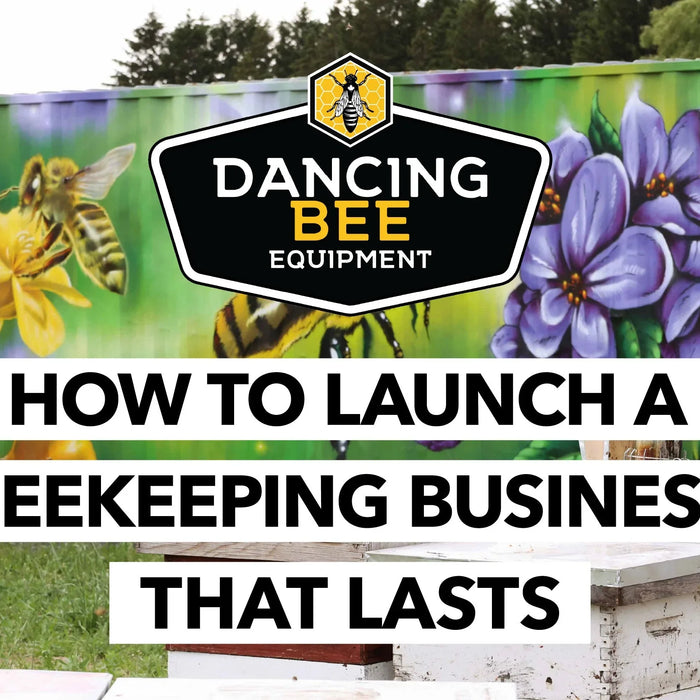The Risk of Resistance
One of the biggest challenges in managing pests and diseases in beekeeping is the risk of resistance. When the same chemical treatments are used repeatedly, pests like Varroa mites can develop resistance to these products over time. This makes the treatments less effective, leading to larger infestations and potentially harming your bee colonies.
How Resistance Develops
Resistance occurs when a small number of pests survive a treatment and pass on their resistant traits to the next generation. If the same treatment is used again and again, this resistant population grows, making the treatment less effective each time.
Why Alternating Treatments Helps
-
Breaks the Cycle of Resistance: By alternating between different types of treatments—such as rotating between synthetic chemicals and organic methods—you reduce the chances of pests developing resistance. Different treatments work in different ways, making it harder for pests to adapt.
-
Increases Treatment Efficacy: When you switch up the products you use, you’re more likely to target pests in various stages of their lifecycle. For example, some treatments are more effective against mites in the brood, like Formic Acid, while others target adult mites, like Thymol. This comprehensive approach ensures a more thorough reduction of the pest population.
-
Protects Bee Health: Overuse of any single treatment can not only lead to resistance but also potentially harm your bees. By alternating treatments, you can minimize the negative impacts on your colonies, as some treatments are harsher than others. This is particularly important when dealing with organic versus synthetic options, as the latter can be more damaging if not used correctly.
-
Maintains Long-Term Viability of Treatments: By rotating treatments and following the recommended guidelines, you help ensure that these products remain effective for future use. This is crucial for sustainable beekeeping, as it helps maintain a diverse arsenal of tools to combat pests and diseases.
Practical Tips for Alternating Treatments
-
Plan Ahead: Create a seasonal treatment plan that incorporates different types of products. For instance, you might use a synthetic chemical, like Apivar, in the spring and an organic treatment, like ApiLife Var in the fall.
-
Monitor and Adjust: Regularly monitor pest levels in your hives to determine when and what kind of treatment is necessary. Adjust your plan based on what you observe. If you notice one treatment isn’t working as well, try out another product!
-
Follow Guidelines: Always adhere to the treatment recommendations provided by experts, such as the provincial apiarist. This ensures that you’re using products safely and effectively.
-
Treating Around Honey: It’s best to treat your hives without Honey Supers on, but if you’re noticing a large number of mites while collecting honey, use products like Hopguard and FormicPro to keep the pests away!
Alternating treatments is not just a good practice—it’s essential for the long-term health of your hives and the effectiveness of pest control methods. By breaking the cycle of resistance and protecting your bees, you’re investing in the sustainability of your beekeeping operation.
Looking for a way to determine which treatment would work best for your yard? Check out this web tool!




